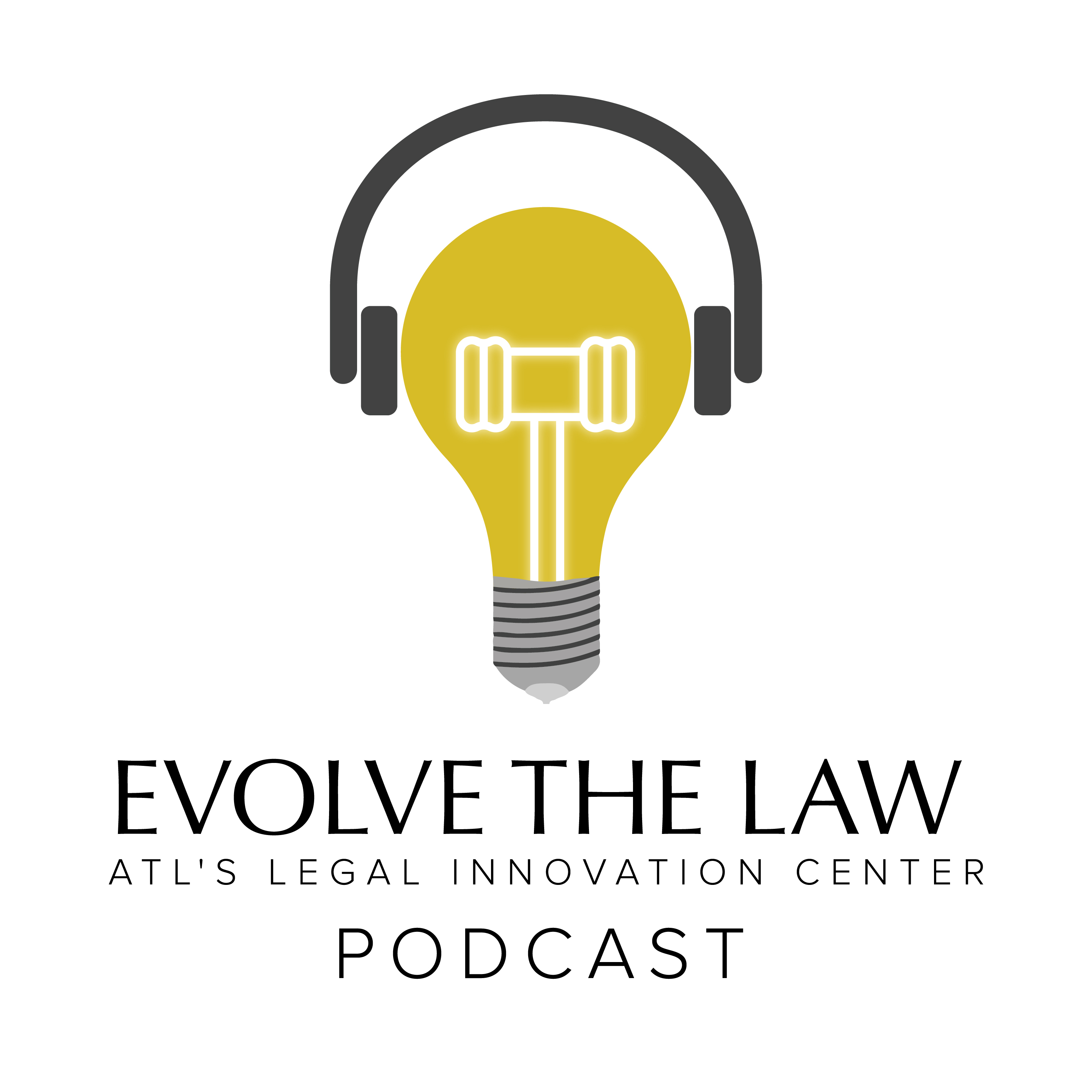 The explosion of new legal tech tools on the market — everything from voice-integrated time trackers to virtual assistants that can now send client notifications to your wearable device — are causing legal professionals to think deeply about perfecting their firm’s value stream.
The explosion of new legal tech tools on the market — everything from voice-integrated time trackers to virtual assistants that can now send client notifications to your wearable device — are causing legal professionals to think deeply about perfecting their firm’s value stream.
Practitioners of Six Sigma and its underpinning “lean thinking” principles are already masters of value streaming, the process of mapping out an entire life cycle of a product or service to identify value adding activities and ruthlessly eliminate waste. The ultimate goal is what’s known in lean circles as kaizen –- a state of continuous functional improvement and zero waste production.
To achieve kaizen, each resource (including time) expended during the value stream, from the moment of new client creation (i.e., “matter intake”) to the second your hard-earned fees are collected and deposited into your bank account, must be identified and interrogated, and then either enhanced or eliminated from your firm’s value stream.
This post takes a hard look at an often overlooked, but increasingly critical component of the legal services value stream: matter intake.
Here’s why matter intake matters more than ever.
Why Matter Intake Matters
Thinking takes time — and lawyers, for the most part, remain in the business of thinking.
Despite what you’ve heard recently about the death of the billable hour, the value of what lawyers deliver to their clients at the end of the day is still largely dependent upon the amount of time expended to generate and develop thought-based legal solutions.
This is our value.
So how much time are we actually spending on value creation? Not much. According to the 2017 Clio Legal Trends Report, lawyers are spending under two hours per day on value adding billable work. The remaining six non-value adding hours are consumed by administrative tasks, including configuring technology (11 percent), office administration (16 percent) and business development (33 percent).
This data shows that lawyers are seriously struggling with inefficient matter intake processes — the time and energy it takes to identify and filter new leads, follow up, and eventually convert those leads into paying clients. Thinking about and investing in a systematic matter intake system — perhaps one that is integrated with your website or CRM and then augmented by automation and artificial intelligence — is one way to improve these statistics and boost your value adding time capacity.
Managing Modern First Impressions
With the rise of new “conversational platforms” like SLACK and web chats, your firm’s matter intake system is increasingly both the moment of first creation and first communication.
We all know the cliché about first impressions. They mean everything, right? For lawyers seeking new business, it’s no different. According to the same Clio Legal Trends Report, for two out of three potential new clients, a lawyer’s initial response is the most important deciding factor in choosing whether to hire that lawyer or to look elsewhere.
Thankfully, legal tech now exists to ensure that you’re taking control of your first impressions through enhanced matter intake — receiving and following up on important new client notifications across all devices and customizing your messaging to incoming leads, giving your firm the best chance for client conversion.
Having an innovative, new client-facing platform will also make you look way more professional in the eyes of the increasingly technologized workforce. So, there’s a key marketing benefit in addition to just being prepared to engage potential clients and quickly ingest matters in an evolving work economy where conversational platforms operate alongside traditional ones, like email and phone.
Converting Waste Into Value
A word on waste — or muda, as lean thinkers prefer to call it.
Lean practitioners spend as much time thinking about eliminating waste as they do adding value, and muda is meant to encompass any activity along your value stream that is is not adding to the product or service your client actually desires.
One method of converting muda into value was given to me during this recent and highly recommended Lawline presentation on improving client responsiveness and intake through technological innovation. The idea is to think more creatively about all leads being ingested into your matter intake system (not just the good ones, but also the “bad” ones), and how new revenue streams might be accessed through a systematic and automated referral process.
I like to say that a bad lead today, is a good lead tomorrow.
Having a systematic referral process, whether it’s automated or not, is also a great way to network with other legal professionals, increase your knowledge, and improve client relationships across the board. The general idea, explored more deeply here, is to think more openly about how matter intake might be used as tool to convert what might normally be considered waste in the form of “bad” leads into new opportunities.
Also Valuing Ourselves
As lawyers work tirelessly to perfect our matter intake systems, eliminating or converting muda in pursuit of the glorious, lean state of kaizen, it’s critical we keep in mind that the deeper “why” behind technological innovation is also to add value to ourselves.
To echo the above, lawyers are still in the business of thinking. Quality thinking requires both a healthy brain and body to support it. Many tech-enabled and virtual law firms were founded to not only improve legal services delivery, and make them more generally available to the public, but to create healthier lifestyles for attorneys and give us some time back to improve ourselves.
Because, ultimately, what drives your legal value stream is not a machine or any software.
It’s you.
And that’s why matter intake matters most.
 Ian Connett, Esq. (@QuantumJurist) is the Founder of QuantumJurist, Inc., a LegalTech consulting and technology venture dedicated to improving and creating efficiencies in the legal services industry. Ian is also a Contributing Editor to the EvolveTheLaw.com Legal Innovation Center and Host of the Evolve the Law Podcast. Ian resides in New York, where he has served as an in-house counsel to numerous technology companies. You can connect with Ian on Twitter and LinkedIn and you can reach him by email at ian@quantumjurist.com (for story ideas, personal correspondence, media inquires or speaking engagements).
Ian Connett, Esq. (@QuantumJurist) is the Founder of QuantumJurist, Inc., a LegalTech consulting and technology venture dedicated to improving and creating efficiencies in the legal services industry. Ian is also a Contributing Editor to the EvolveTheLaw.com Legal Innovation Center and Host of the Evolve the Law Podcast. Ian resides in New York, where he has served as an in-house counsel to numerous technology companies. You can connect with Ian on Twitter and LinkedIn and you can reach him by email at ian@quantumjurist.com (for story ideas, personal correspondence, media inquires or speaking engagements).







